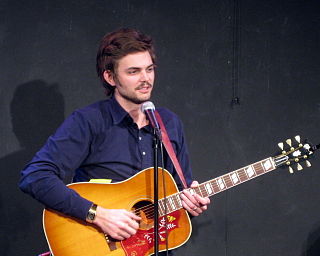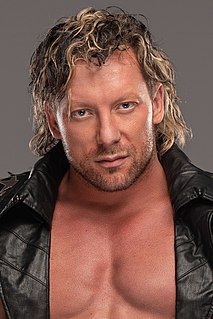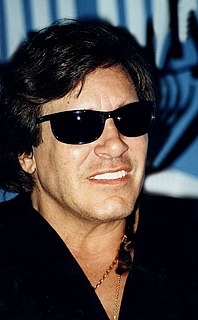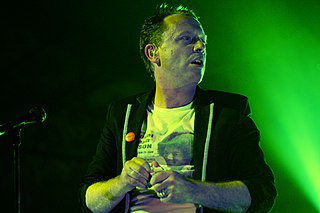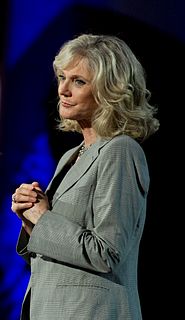A Quote by Nick Thune
Wouldn't the world be a cleaner place if we gave blind people brooms instead of canes?
Related Quotes
Blind hope. Blind hope is all we have. There's a Greek tragedy called Prometheus Bound; Prometheus is the [titan] that gave humans fire. He's chained to a rock and bemoaning his fate and saying, "I gave you everything. By giving you fire, I gave you blind hope. By giving you a little light that kept you warm at night, I let you believe that this was all going to be okay." For me, that's what art has been. Music and books, it's an act of hope to make them, and it's an act of hope to listen to them. That hope will be dashed, you will say goodbye.
Another guy barked orders to a small army of brooms, mops, and buckets that were scuttling around, cleaning up the city. "Like that cartoon," Sadie said. "Where Mickey Mouse tries to do magic and the brooms keep splitting and toting water." "'The Sorcerer's Apprentice,'" Zia said. "You do know that was based on an Egyptian story, don't you?
The entire principle of a blind taste test was ridiculous. They shouldn't have cared so much that they were losing blind taste tests with old Coke, and we shouldn't at all be surprised that Pepsi's dominance in blind taste tests never translated to much in the real world. Why not? Because in the real world, no one ever drinks Coca-Cola blind.
We always think, 'Well, for a person who's blind, it must be an amazing, joyful miracle if by some chance their sight is restored to them.' Now, this may be true for blind people who lost their vision at a later age. It's rarely true for people who were born blind or who go blind at a very young age.
When sighted people cover their eyes or find themselves in a dark place, this is something that's very terrifying for us. And so in general, we assume that this is what blindness means. But of course, it isn't. For people who were born blind or who go blind at a very young age, that's not at all what blindness means.
Backlock, a poet blind from his birth, could describe visual objects with accuracy; Professor Sanderson, who was also blind, gave excellent lectures on color, and taught others the theory of ideas which they had and he had not. In the social sphere these gifted ones are mostly women; they can watch a world which they never saw, and estimate forces of which they have only heard. We call it intuition.
We fill our lives with all sorts of things that make it easier for us to get along in the world: wheelchairs, crutches, grabber sticks, hearing aids, canes, guide dogs, modified vehicles, ramps, as well as other kinds of services and supports. Disability does not necessarily mean dependence on other people.
